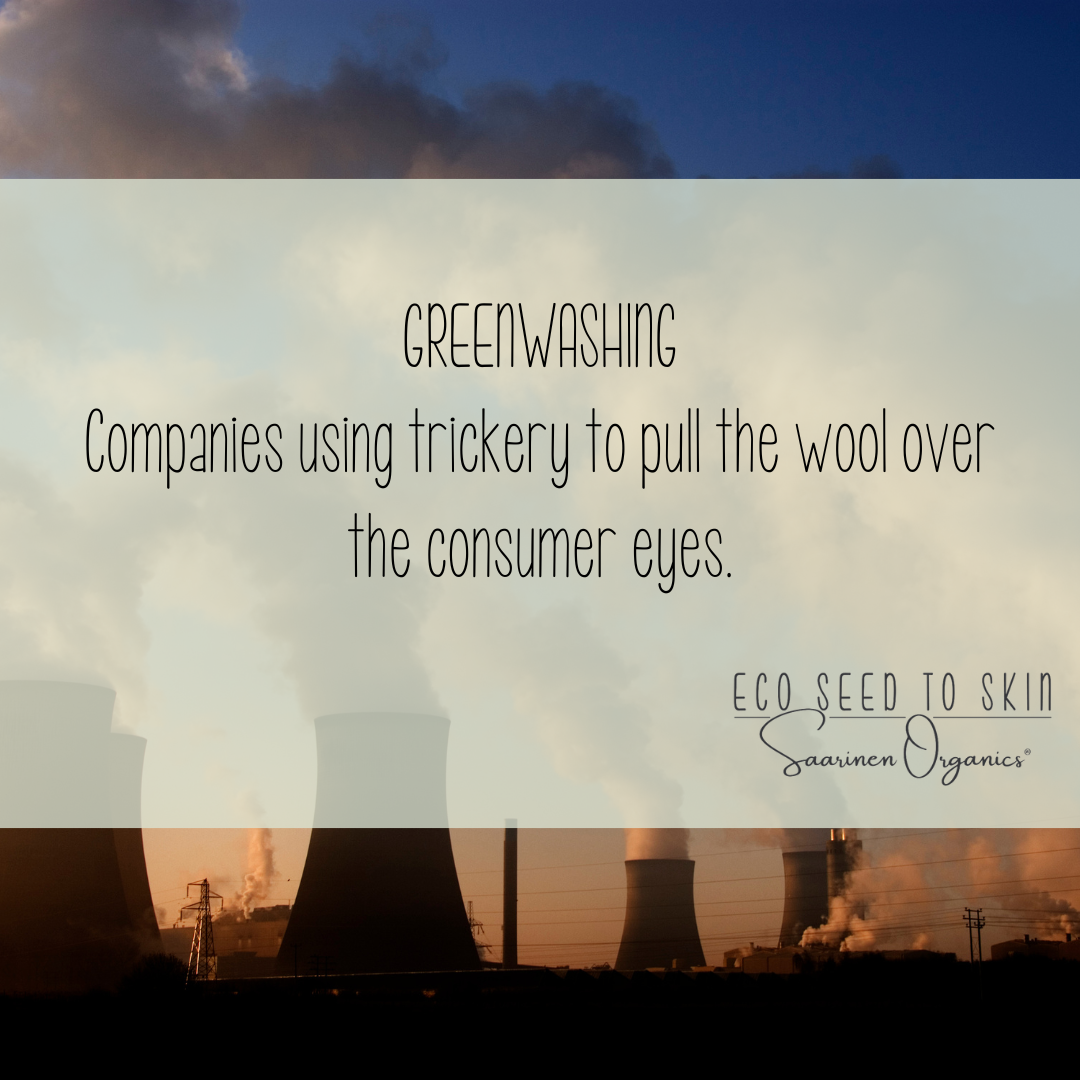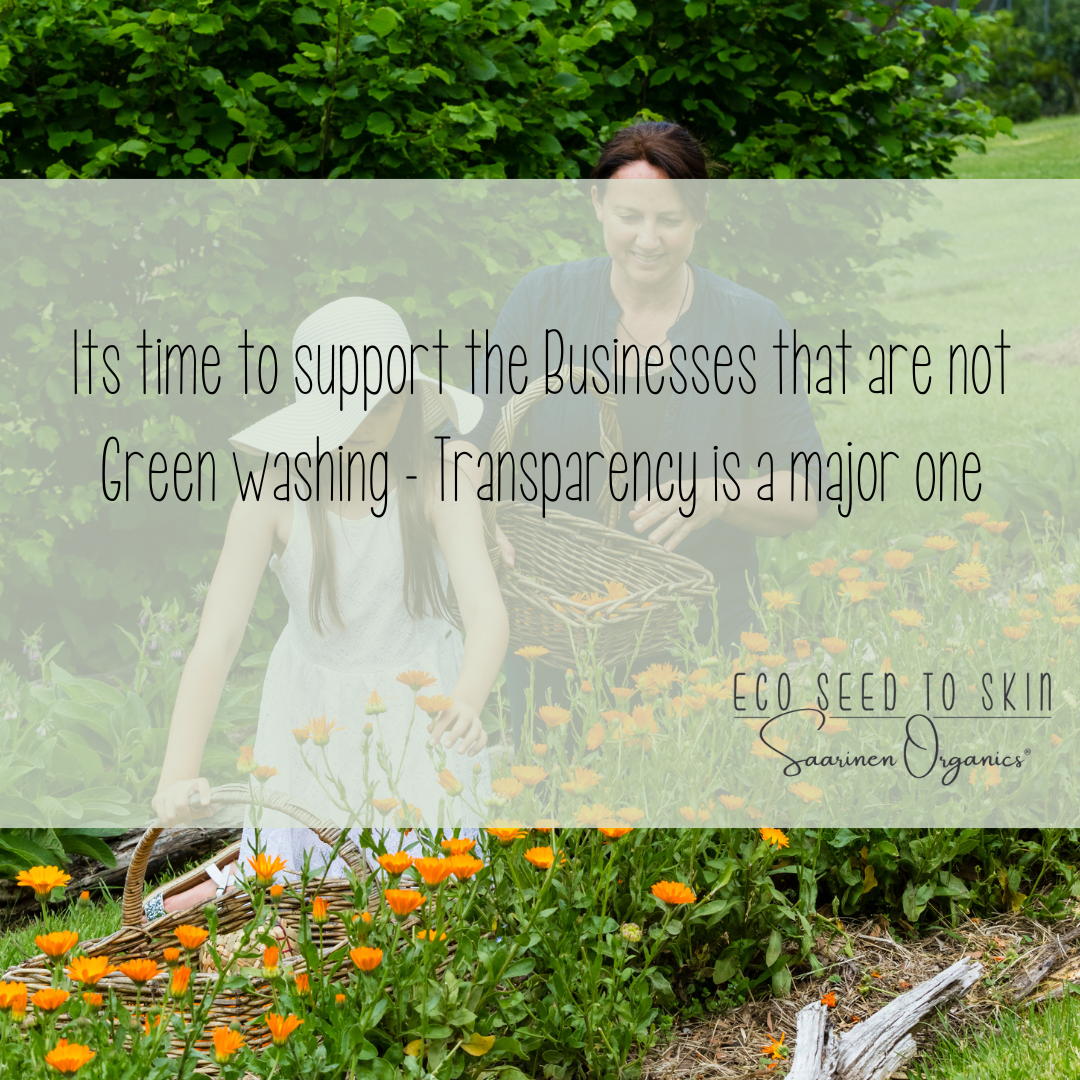GREEN WASHING - What is it

Greenwashing: Exposing the Deceptive Facade of Sustainability
In today's environmentally conscious world, where sustainability has become a key concern for consumers, it is crucial to be aware of a phenomenon called greenwashing. Greenwashing refers to the practice of companies misleadingly promoting their products or practices as environmentally friendly when, in reality, they may not be as sustainable as they claim. This deceptive marketing tactic not only misleads consumers but also undermines genuine efforts towards sustainability. In this comprehensive article, we will delve into the insidious nature of greenwashing, exploring its various forms and the negative impact it has on consumers, the environment, and society as a whole. By shedding light on this issue, we aim to empower individuals to make truly informed choices and support genuinely sustainable initiatives.
- The Definition and Tactics of Greenwashing:
To understand greenwashing, we must first define it. Greenwashing refers to the act of misleading consumers by making false or exaggerated claims about the environmental benefits of a product or practice. Companies employ various tactics to create a false perception of sustainability, aiming to enhance their brand image, increase sales, and gain a competitive edge. These tactics may include using vague and unsubstantiated terminology, showcasing a single "green" aspect while neglecting others, or simply lacking transparency and verification.
- Misleading Claims and Vague Terminology:
One of the most prevalent forms of greenwashing is the use of vague terms like "green," "eco-friendly," or "natural" without providing concrete evidence or certifications to back up these claims. These buzzwords appeal to environmentally conscious consumers who are actively seeking sustainable options. However, without proper verification or transparent information, these claims can be misleading and misrepresent the true environmental impact of the products. It becomes crucial for consumers to dig deeper and question the authenticity of these claims.
- The Selective Focus Trap:
Another insidious tactic employed in greenwashing is the selective focus on a single positive aspect while downplaying or neglecting other harmful factors. Companies may highlight one "green" feature, such as biodegradable packaging or energy-efficient manufacturing, to create an illusion of sustainability. However, they conveniently ignore other significant environmental issues, such as excessive resource consumption, pollution, or unethical supply chain practices. This approach misleads consumers into believing they are making responsible choices when, in reality, the overall impact may be far from sustainable.
- Lack of Transparency and Verification:
Genuine sustainability efforts are characterized by transparency, accountability, and verifiable evidence. However, many companies engaging in greenwashing fail to provide specific details or third-party certifications to support their claims. They rely on ambiguous statements, unverified symbols, or misleading imagery, making it challenging for consumers to make truly informed decisions. To combat greenwashing, consumers must be vigilant in seeking credible certifications, transparent information, and independent verification that verifies a company's environmental claims.
- The Role of Responsible Consumerism:
As consumers, we hold the power to demand transparency and authenticity from companies. Responsible consumerism involves questioning greenwashing claims, scrutinizing product labels, seeking out reliable certifications, and conducting thorough research on company practices. By supporting brands that prioritize environmental stewardship, hold themselves accountable, and actively work towards sustainability, we can drive positive change and contribute to a more sustainable future. Together, we can dismantle the facade of greenwashing and foster a marketplace where transparency, authenticity, and genuine environmental responsibility prevail.
Conclusion:
Greenwashing poses a significant challenge in our collective journey towards a more sustainable future. By understanding the deceptive tactics employed by companies, we can make informed choices that align with our values and contribute to genuine environmental stewardship. Let's remain vigilant, seek transparency, and support businesses that prioritize sustainability. By demanding accountability and supporting genuinely sustainable practices, we can create a world where greenwashing has no place
PAUSE & PURCHASE WITH PURCHASE



Comments